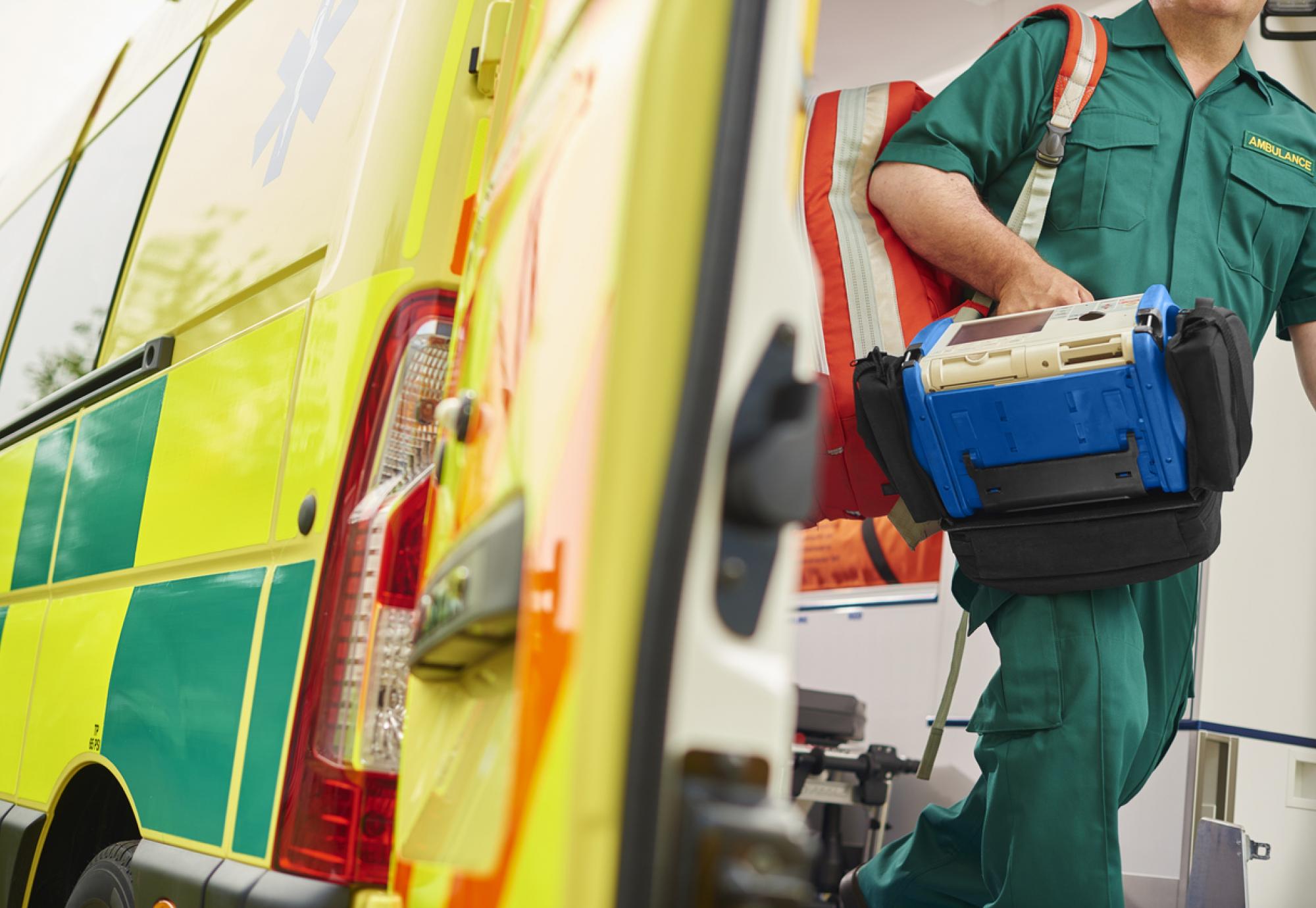South Central Ambulance Service NHS FT (SCAS) has become the first ambulance service in the country to rollout a new device which performs CPR on a patient automatically – allowing paramedics to carry out other vital interventions.
The state-of-the-art technology, is a mechanical system which delivers high quality chest compressions consistently from the moment crews arrive on the scene, and throughout a patient’s journey to hospital, without interruption.
SCAS are funding the rollout of 28 of the devices to support crews across Oxfordshire, Berkshire, Buckinghamshire and Hampshire. The system is complete with wireless Bluetooth connectivity, making it possible to configure compression rate, depth and alerts specific to an organisation’s resuscitation guidelines. It also means it can collect data which can be reviewed post-event and shared with other clinicians.
Resuscitation is attempted by emergency services in around 30,000 cardiac arrests outside of hospital in the UK every year. The transition to the device means compressions can be completed within seven seconds, ensuring continuity of compressions.
Dr John Black, Medical Director at SCAS, said: “We know that delivering high quality and uninterrupted chest compressions in cardiac arrest is one of the major determinants of survival to hospital discharge, but it can be very challenging for a number of reasons.
“People can become fatigued when performing CPR manually which then affects the rate and quality of compressions, and patients may need to be moved from difficult locations, such as down a narrow flight of stairs, or remote places which impedes the process.
“There are also significant safety risks to ambulance personnel being unrestrained and performing CPR in the back of vehicles travelling at high speed.
“These devices don’t fatigue or change the delivery in any way, meaning high quality CPR can be delivered for as long as is required while freeing up the paramedic, keeping them seated and belted and able to focus on other critical aspects of patient care on a journey.”
The devices are also used for resuscitation in hospital emergency departments and to support patients in cardiac arrest in intensive care units, as well as for patients undergoing life-saving coronary balloon angioplasty, and stenting procedures to widen narrowed arteries.
Professor Charles Deakin, Divisional Medical Director for SCAS and lead for resuscitation, added: “The device transforms the management at a cardiac arrest and allows paramedics to focus on the key aspects of clinical care.
“It will be an invaluable part of the team and contribute to the already outstanding results that SCAS has achieved in saving lives of these patients.”
Vanessa Casey, Chief Executive of SCAS Charity, said: “We are really pleased to be able to fund this state-of-the-art equipment and want to thank our donors – patients, staff, communities and businesses – as well as NHS Charities Together for making it possible.”



















